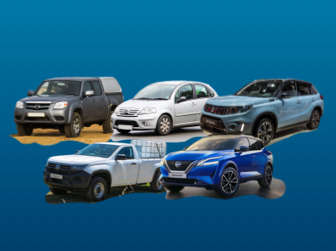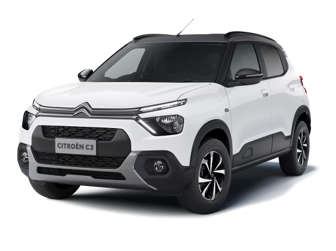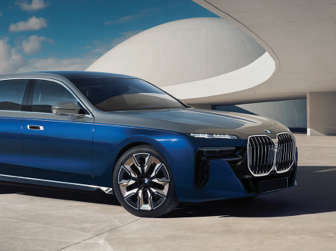Late last year, it finally became official that Fiat Chrysler Automobiles (better known as FCA in the industry) and Peugeot S.A. (known as PSA) had formally agreed to begin their merger. The Fiat-Peugeot merger is to be a perfect 50/50 split between the two automotive conglomerates, and the move will create one of the biggest auto companies on the planet, worth R750 billion.
Brands that fall under the umbrella of PSA and FCA both hold a fairly weak footing here in South Africa. So, with the merger set to take place over the next 12 to 15 months, what changes can we expect to see in the near future for our local market?
The main aim for any merger is to save money and improve efficiency by increasing economies of scale, and the Fiat-Peugeot merger is no different. Both companies arguably have different strengths in different areas, and it’s hoped that by combining their individual strong points will help to create more competitive models in markets where the brands struggle.
In South Africa, neither PSA nor FCA have models that feature in the bestseller lists at the moment. Currently, the list is dominated by models from Toyota and Volkswagen, as well as bakkies from Ford and Isuzu. Fiat has previously expressed interest in selling more vehicles in South Africa, after selling just 2,600 units from the Fiat, Jeep and Alfa Romeo brands combined in 2018.
Meanwhile, PSA has also struggled to make a statement in the local market in recent years. In 2018, Citroen (a PSA brand) pulled out of the South African market altogether. Whilst Peugeot may have a strong 16% market share in its homeland in Europe, it’s currently around only 1% in South Africa. What advantages can the two companies share with each other in a bid to increase their presence locally?
FCA have the advantage of owning the Chrysler brand, as well as Dodge as a subsequent result of that. Dodge are well-known for their Ram trucks in the States, and a merger could mean the sharing of rugged expertise from the FCA side combined with the style and refinement from PSA to create an attractive bakkie for the South African market in the future.
Additionally, we are likely to see brands chopped as a result of the ruthless drive for efficiency with the merger. Several brands under the FCA parent company have not been performing well – namely Lancia and Alfa Romeo. These days, Lancia is nothing more than the outdated Ypsilon supermini, and whilst Alfa has made something of an attempted comeback in recent years but the sales figures remain poor. Therefore, it shouldn’t come as too much of a surprise if you find the few Alfa dealerships in South Africa slowly disappearing over the coming years.
While South Africa may potentially be losing its choices in the future when it comes to Italian sports cars, it’s likely this huge merger will help the two companies increase their competitiveness in our local market, with potential bakkies and new models tailor-made for South Africa potentially not far over the horizon.
Tips for a smooth school drop off
Protect your car from the sun


